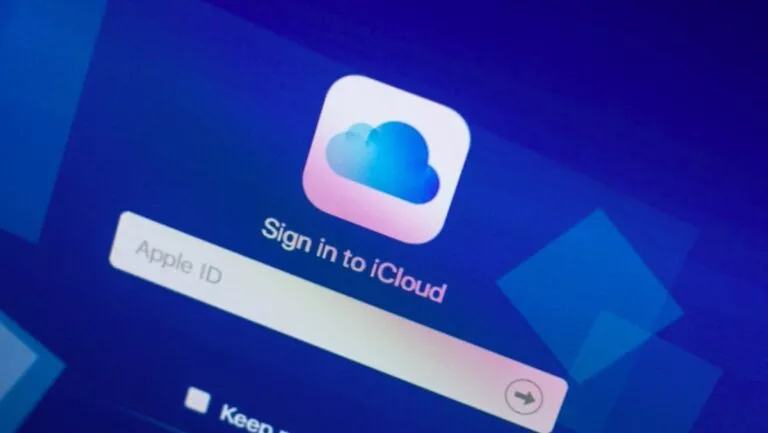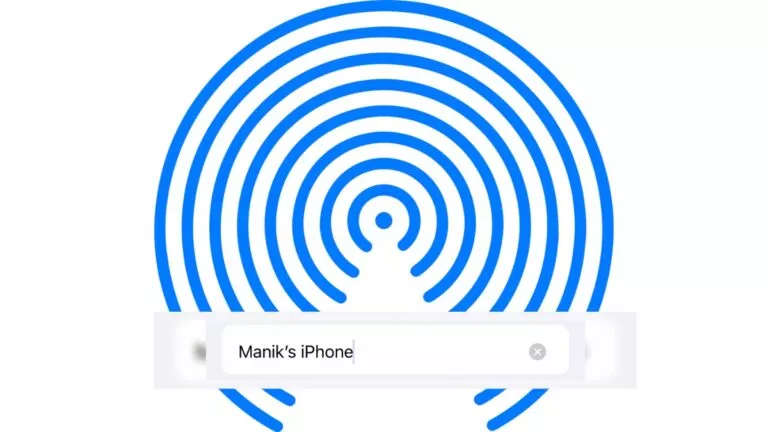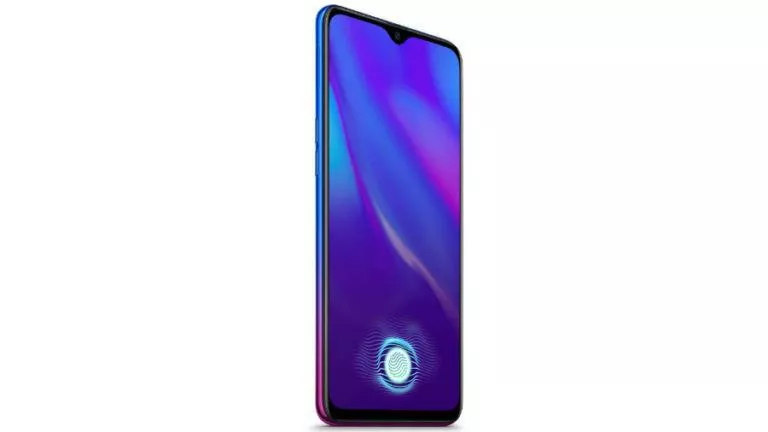Edward Snowden Explains How Smartphones Spy On Us

In a recent interview on the Joe Rogan podcast show, the famous NSA whistleblower Edward Snowden explained how carriers and tech giants are surveilling users through smartphones.
Who is Edward Snowden?
A quick recap for people unaware of the personality in question, Edward Snowden is a former CIA employee who uncovered unethical surveillance activities conducted by the NSA.
He leaked classified government documents to international media, therefore breaching the non-disclosure agreement. Snowden’s revelations disclosed that the agency was tapping phone records of an uncountable number of people.
Since the disclosure, Snowden has taken refuge at a political asylum in Russia and would likely be charged with the Espionage Act if he ever returns to the US.
How smartphones spy on us?
When Joe Rogan asks about how surveillance has changed since 2013, Edward notes that the biggest change is that “it’s mobile-first everything” acknowledging the massive increase in the number of smartphone users.
Ahead in the conversation, Snowden also tells how carriers are able to able to identify the movement of users using the IMEI and IMSI, identification numbers unique to a smartphone, and SIM cards.
Snowden notes that whenever your phone is turned on, the carrier continuously records the exact movement of users by analyzing the distance of users between two signal towers.
He points out that earlier the information was private, however with the help of smartphones, companies today store it and consider it as a piece of valuable information.
According to Edward, everyone in the world with a smartphone is a part of this “bulk collection” or mass surveillance. ” [And] that’s not talking about all those apps on your phone that are contacting the network even more frequently.”
Another big problem, as Edward points out is that normal users don’t know what the device is doing or what it’s connecting to. He goes on blaming big tech giants such as Apple and Google for not allowing users to make “intelligent decisions” on an app-by-app and connection-by-connection basis on their smartphones.
“If there was a button on my phone that said do what I want but not spy on me, you would press that button! That button does not exist right now.”
The current situation
Over the last years, particularly after the infamous Facebook Cambridge Analytica Scandal, tech giants and governments, both have taken strong actions to secure the privacy of individuals.
We might be a little pessimistic, given that we largely report privacy scandals, but the actions taken aren’t enough. The only silver lining we can see that more and more privacy scandals are coming to light, which is better than not getting reported at all.
Also Read: US Govt. Wants The Money Edward Snowden Makes From His Memoir






